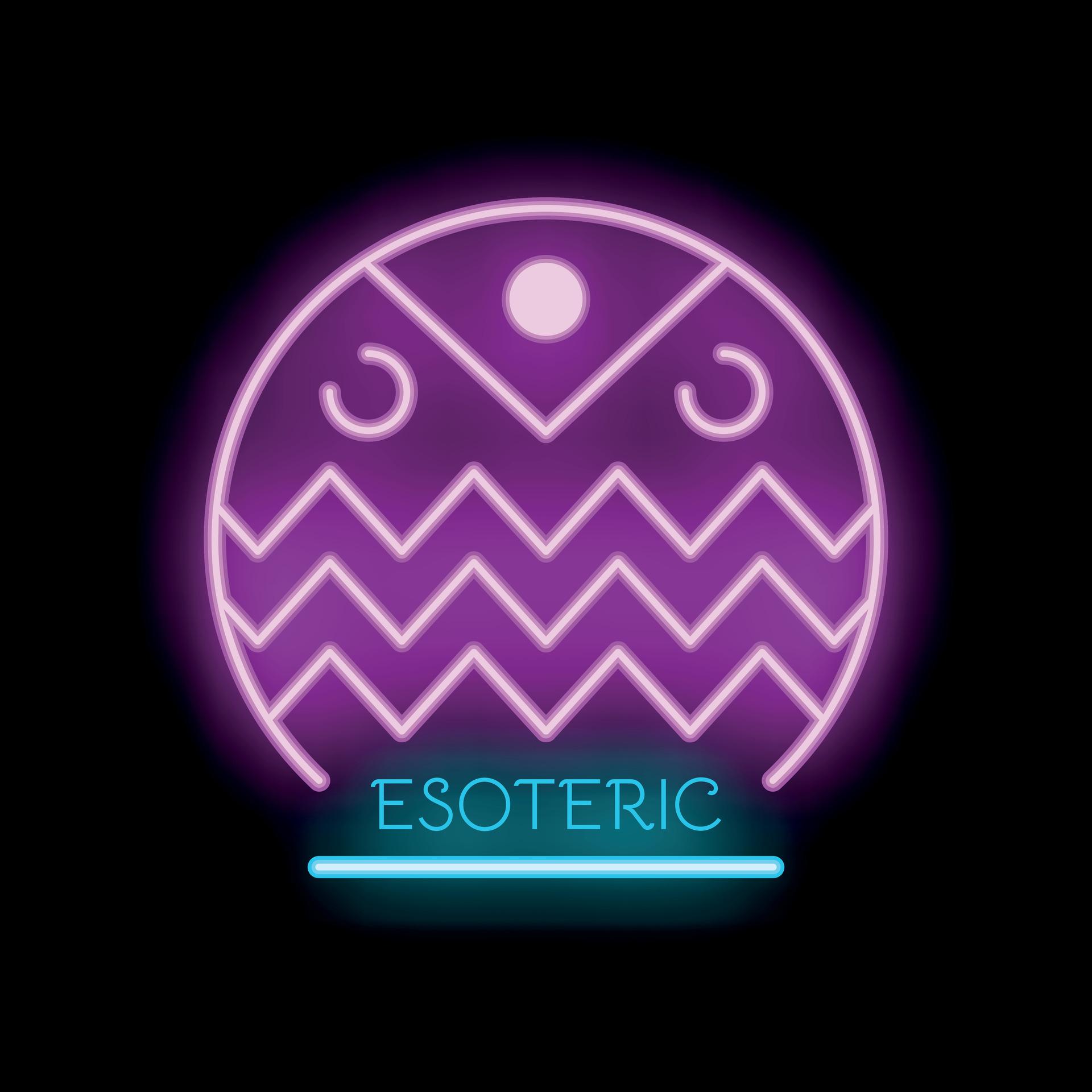Nikos Kazantzakis
Nikos Kazantzakis (1883–1957) was an important Greek novelist, playwright, philosopher, and political activist. He is one of the most well-known and influential authors of the 20th century in Greece and worldwide. Kazantzakis' works are known for their profound exploration of philosophical, religious, and existential questions. They address themes such as the meaning of life, the struggle between spirit and matter, and the constant search for freedom and spiritual enlightenment.
Biography
Kazantzakis was born in the city of Heraklion on Crete and grew up during a time of political upheaval and Turkish rule over Greece. This turbulent historical period strongly influenced his life and work. He studied law at the University of Athens and later continued his studies in Paris. During his life, he was strongly politically active and sympathetic to socialist and communist ideals, which often brought him into conflict with political and religious authorities.
Kazantzakis traveled extensively and lived in France, Germany, Russia, and China, among other places, which provided further inspiration for his works. He was a passionate fighter for freedom and human progress, which was also reflected in his political activity.
Main Works and Themes
Kazantzakis' works are permeated by a deep exploration of religious, spiritual, and philosophical questions. Some of his best-known works are:
1. "Zorba the Alexis" (1946):
Perhaps his best-known work, which also inspired a famous film adaptation starring Anthony Quinn. The novel tells the story of a reserved and rational writer who forms a friendship with the cheerful and spirited Zorba. Zorba is portrayed as the epitome of "joie de vivre," a man who lives life to the fullest and confronts the challenges of existence. The novel explores themes such as freedom, the conflict between reason and passion, and the search for the true meaning of life.
2. "The Last Temptation of Christ" (1955):
This is one of his most controversial works, in which Kazantzakis tells the story of Jesus Christ from a more human and existential perspective. In the book, Jesus is portrayed as a man wrestling with inner conflicts and doubts while attempting to fulfill his divine destiny. Kazantzakis explores the themes of temptation, human suffering, and divine mission. The book generated considerable controversy, particularly in religious circles, and was adapted into a film by Martin Scorsese in 1988 under the title "The Last Temptation of Christ."
3. "The Captain" (1952):
This novel tells the story of a captain who confronts his inner and outer struggles. Like many of Kazantzakis' characters, the captain is a complex figure who wrestles with questions of duty, responsibility, and personal freedom.
4. "Christ in Crete" (1958):
This work continues the themes of his "Last Temptation of Christ" and addresses the question of the identity and destiny of the individual in the face of fate and divine will.
Philosophy and Worldview
Kazantzakis was strongly influenced by the philosophy of Friedrich Nietzsche and existential philosophy. In many of his works, he reflects on the will to power, the superman, and the meaning of life. For Kazantzakis, life was a struggle, a challenge that must be accepted with courage, determination, and an open mind. His characters are often caught in an inner conflict, grappling with the question of the meaning of life and the struggle between divine destiny and the human desire for freedom.
Another central theme in Kazantzakis's work is the conflict between mind and matter, and he tended to view the body and its desires as a source of liberation to be accepted and experienced. On the other hand, his protagonists often struggled with a higher spiritual or metaphysical goal that challenged their physical desires and cravings.
Kazantzakis' works frequently contain philosophical and religious reflections, but they are never dogmatic. Rather, they emphasize the importance of individual freedom, the right to self-determination, and the pursuit of personal fulfillment. In this sense, one can say that Kazantzakis developed a kind of philosophy of "activism" in many of his works, in which the search for truth and meaning is always active and dynamic.
Influence and Legacy
Nikos Kazantzakis has been recognized worldwide for his literary works and has received several awards, including the nomination
for the Nobel Prize in Literature. His work influenced not only literature, but also philosophy, theology, and art. In Greece and many other countries, he is considered one of the most important writers of the 20th century.
Kazantzakis remains a controversial and fascinating figure whose work is still widely read and discussed today. In many of his works, he challenges readers to question their own beliefs and grapple with life's big questions, making him a lasting influence in world literature.
Summary
Nikos Kazantzakis was a versatile and profound writer whose works explore human existence and the meaning of life in complex and philosophical ways. With his thought heavily influenced by existentialism and Gnosticism, he inspires his readers to seek their own truths and confront life with all its contradictions. Kazantzakis' works are a lasting legacy and offer profound reflections on freedom, faith, and the human condition.
Links:


